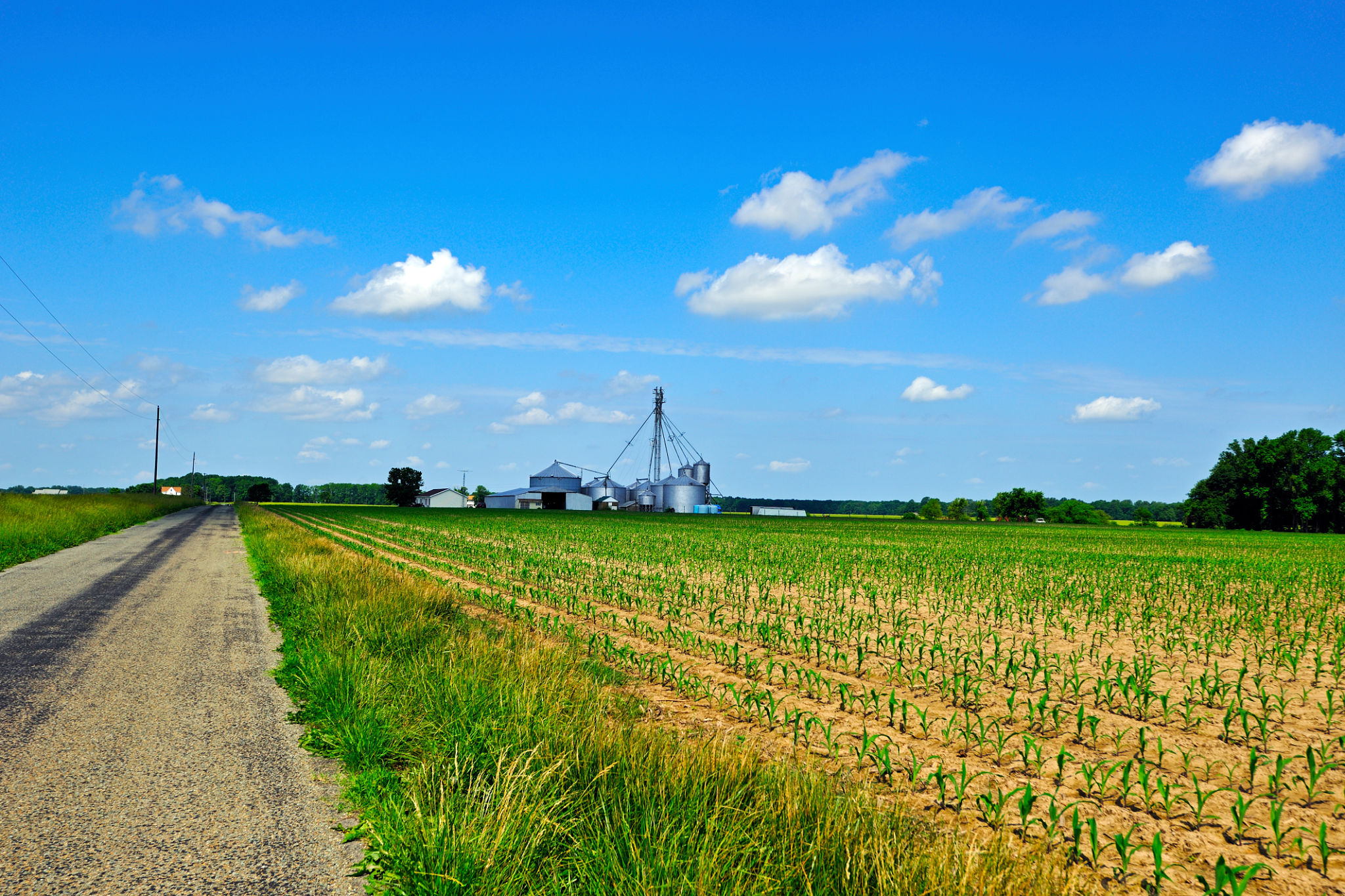Seasonal Water Management Tips for Delaware's Agricultural Sector
Understanding Delaware's Climate
Delaware's agricultural sector faces unique challenges due to its diverse climate. With hot summers and cold winters, managing water resources efficiently is crucial for maintaining healthy crops and livestock. Understanding the seasonal variations can help farmers optimize water use and improve agricultural productivity.
The state experiences significant rainfall during spring and summer, but dry spells can occur unexpectedly. This unpredictability necessitates a strategic approach to water management, ensuring that resources are available when most needed.

Spring Water Management
Preparing for Planting
Spring is a critical time for planting in Delaware. To ensure successful crop growth, it's essential to prepare irrigation systems ahead of time. Farmers should inspect and repair any existing equipment, ensuring that sprinklers and drip systems are functioning correctly.
It's also wise to consider soil moisture levels before planting. Using soil moisture sensors can help determine the right time to plant, preventing over-watering and promoting healthier crop development.
Efficient Water Use
During the spring, it's crucial to optimize water use. Implementing water-saving techniques such as mulching can help retain soil moisture. Additionally, farmers should schedule irrigation during cooler parts of the day to minimize evaporation.

Summer Strategies
Managing Heat Stress
Summer can bring intense heat, posing challenges for both crops and livestock. To combat heat stress, farmers should ensure that crops receive adequate water during peak temperatures. Installing shade structures can also help protect sensitive plants.
For livestock, providing ample shade and drinking water is essential. Regular monitoring of water troughs can prevent dehydration and ensure animal welfare.
Rainwater Harvesting
During the summer months, rainwater harvesting becomes particularly beneficial. Collecting and storing rainwater can provide an additional water source during dry spells. Farmers can use rain barrels or larger cisterns to capture runoff from roofs and other surfaces.

Autumn Adjustments
Preparing for Cooler Weather
As temperatures begin to drop, water management strategies must adapt. Farmers should start reducing irrigation frequency, allowing crops to gradually acclimate to cooler conditions. This approach helps prevent root rot and other moisture-related issues.
Cover crops can also be introduced in the fall to enhance soil health and retain moisture throughout the winter months. These crops not only improve soil structure but also contribute to better water retention.
Winter Water Conservation
Protecting Infrastructure
Winter in Delaware can bring freezing temperatures, which may damage irrigation infrastructure. Farmers should drain and insulate pipes to prevent freezing. Regular inspections can also help identify potential issues before they become major problems.
Conserving water during the winter months is equally important. Reducing water usage during this period helps preserve resources for the upcoming growing season.

Conclusion
Effective water management is vital for Delaware's agricultural sector. By understanding and adapting to the state's seasonal variations, farmers can optimize water use, protect resources, and enhance productivity. Implementing these strategies ensures a more sustainable and resilient agricultural landscape.
